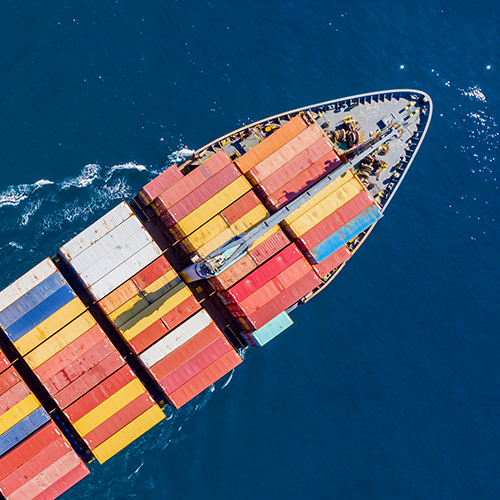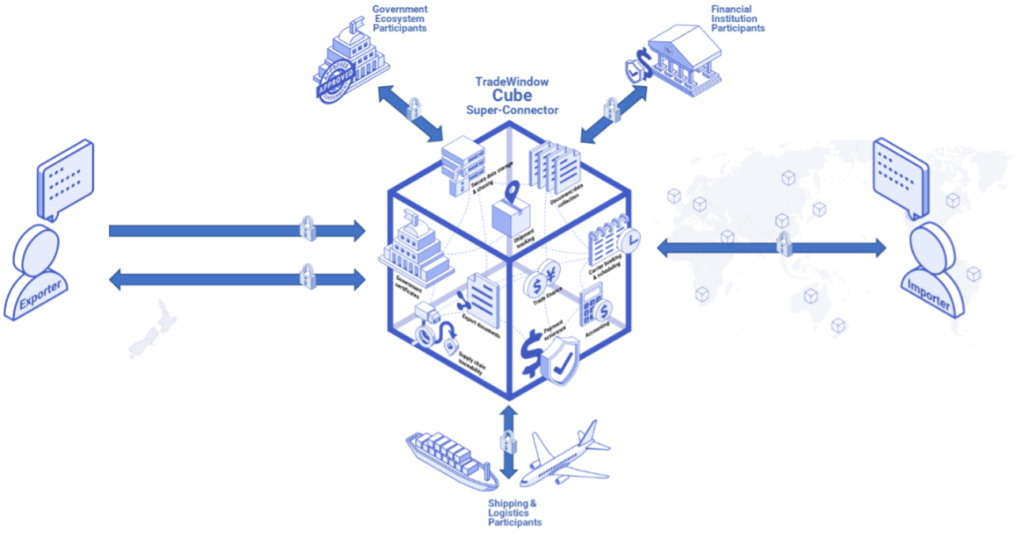eBook launch: Resilience and Ingenuity: Global Innovation Responses to Covid-19
How did the innovation system respond to COVID-19? The latest publication from the Centre for Economic Policy Research looks at what happened. The ebook, written in collaboration with the EPO, the USPTO and WIPO, explores how sectors in the innovation ecosystem adjusted.
COVID-19 has caused substantial losses to public health and prompted major economic changes worldwide. The decline in global GDP in 2020 turned out to be the biggest annual decline since WWII (Gopinath 2021, IMF 2021).
Previous crises have shown that innovators, despite their long-term focus, are not immune to short-term disruptions. At the same time, crises can also be a catalyst for innovation, as they alter societies’ immediate and future technological needs.
Our economics team were pleased to contribute a Chapter analysing the growth of innovative activities and IP applications through the COVID-19 shock. Chapter 10 focuses on IP assets used to store and trade value during times of uncertainty, showing how record trade mark applications reflected waves of entrepreneurship in Australia.
It is evident that entrepreneurship in digital and health related technologies is fast growing across countries, fostered by the rapid adoption of new tools, systems and devices by scientists and creative professionals.
It is great to see how this book validates the findings of our 2022 IP Report and places Australia’s story in the global picture. It confirms that the growth in innovation and IP activity across the Australian IP landscape reflects broader patterns of resilience and change within the global economy.











